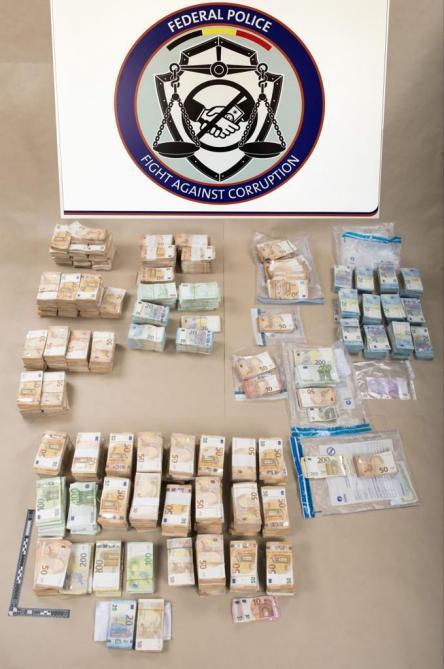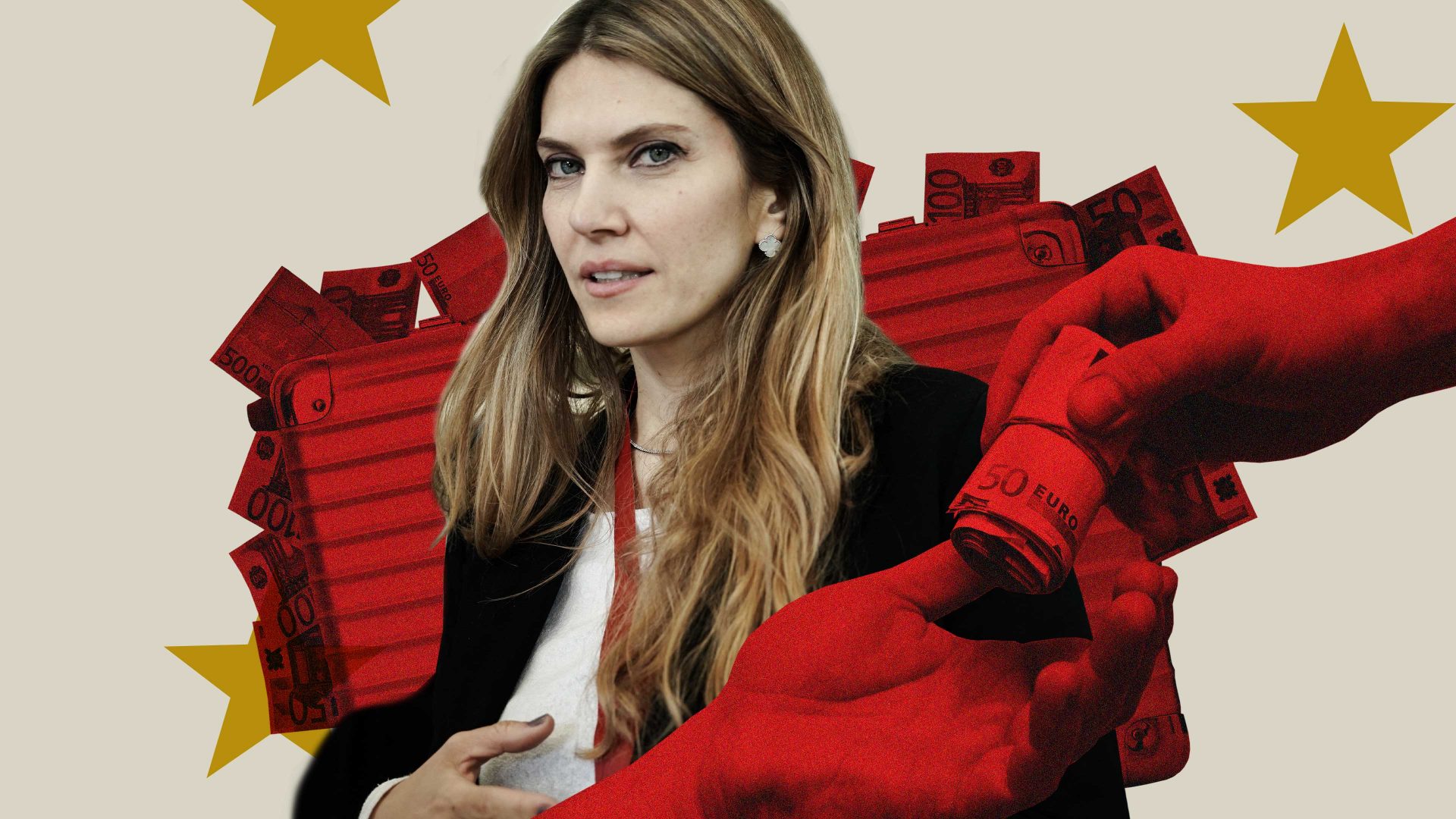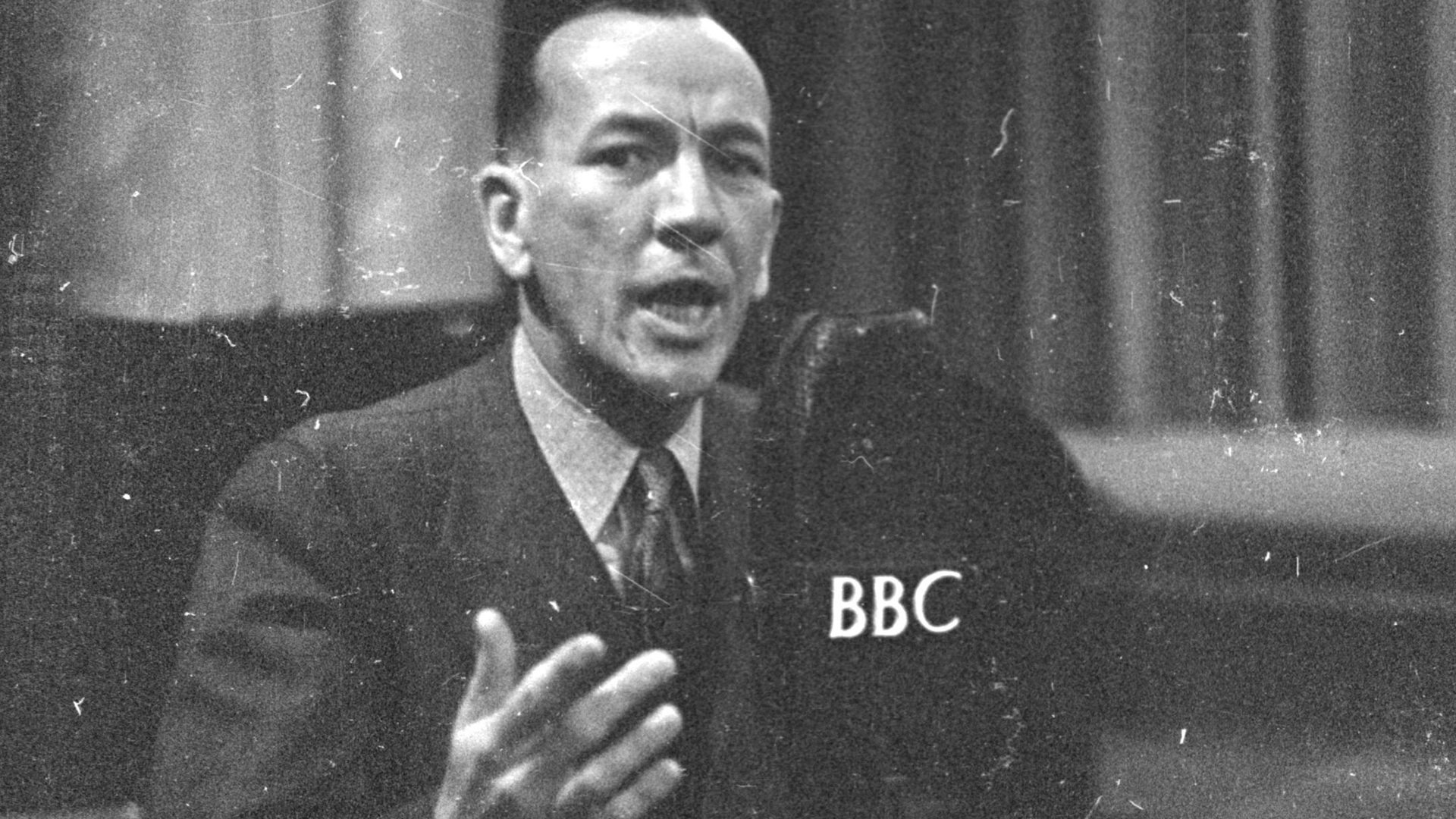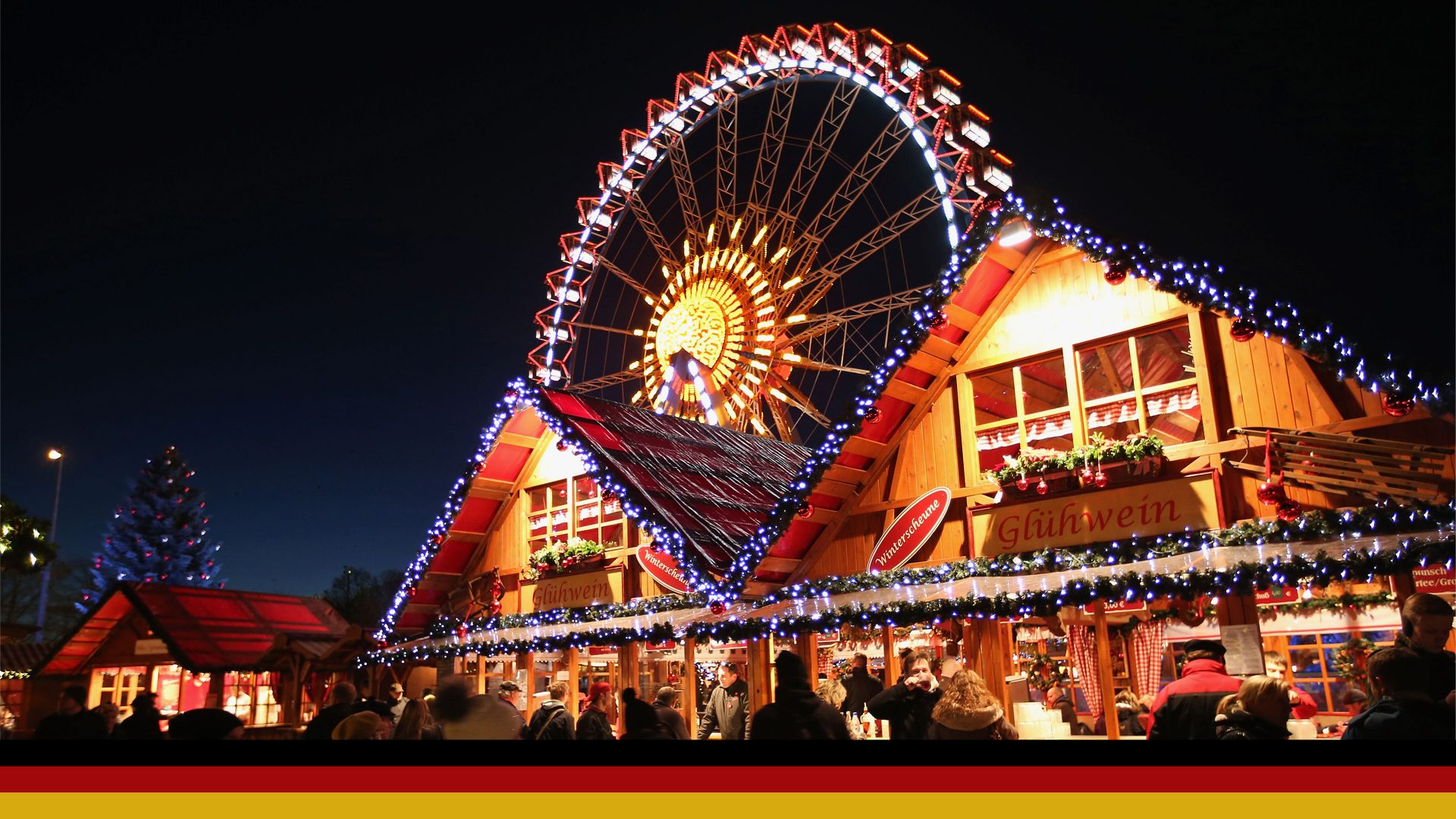Bribery scandals are nothing new to politics. But when national MPs are caught taking cash it’s just them, and maybe also their party, who feel the heat. Not so for MEPs.
The Qatargate scandal, in which a member of the European parliament and three others with ties to the parliament have been arrested for allegedly receiving bags of cash to influence policy pertaining to the Gulf petrostate, cast its shadow not just over Eva Kaili, the MEP involved. It covers more than her Socialist centre-left party, and European parliament too. In fact, the credibility of the entire European Union has been called into question.
Why should this be? The UK is no stranger to financial scandals involving MPs, and just this week a new scandal broke involving Westminster parliamentarians and sex tourism. But such allegations have never resulted in the very existence of the House of Commons, or of the UK itself, being called into question. But the EU is a project, and the European parliament is its most fragile and vulnerable institution.
Since its establishment as a directly elected body in 1979, the parliament has had to fight for its relevance and power vis-à-vis the other two far more powerful institutions: the commission and the council. This has included the parliament’s four-decade battle to extricate itself from the political Siberia of being technically based in Strasbourg. It has scored immense success, and through a series of several treaty revisions has gained power that could only have been dreamed of by the MEPs of 1979. All of that has been put at risk by this scandal.
This explains why MEPs are right now so visibly spooked, and why their responses have been both dramatic and chaotic. “Make no mistake, the European parliament is under attack – European democracy is under attack,” parliament president Roberta Metsola told the chamber in Strasbourg. “Malign actors linked to autocratic [foreign] countries have allegedly weaponised NGOs, unions, individuals, assistants and members of this parliament in an effort to subdue our processes,” she said. “But we are European – we would rather be cold than bought.”
The instinct to portray this as the European Union under attack by foreign actors is understandable, even if it may not be exactly fair. After all, it takes two to tango. Whether or not there are malign foreign actors trying to influence EU decisions, it appears that at least one EU lawmaker was greedy enough to take their cash. As Metsola noted, every democratic system is subject to such weaknesses, as has been proven in national governments time and time again. The trick is having systems in place to make it difficult for the lawmaker to get away with, and it’s clear those systems didn’t work in the parliament.
“I must also say, while we can always look to increase deterrence and transparency, there will always be some for whom a bag of cash is worth the risk,” Metsola noted. “What is essential is these people understand they will get caught and they will face the full extent of the law as happened here.”
But did the system work? Metsola finally acknowledged last Thursday, after days of suggesting otherwise, that it was the Belgian police who learned of the alleged bribery and alerted the parliament, not the other way around. She rightly noted that “we do not have a European FBI, we do not have police officers in the parliament”.
But that didn’t seem to convince Belgian prime minister Alexander De Croo, who told journalists: “Apparently, Belgian justice is doing what the European parliament has failed to do.” Irish foreign minister Simon Coveney noted this week that the European parliament, of which he used to be a member, is now a very powerful institution. Some are questioning whether the institution’s structures are equipped to handle this increased responsibility.
This question – can the European parliament be trusted with the significant increased powers given to it? – is the one dominating Brussels right now. Both the commission and the council have been eager to portray Qatargate as a parliament-only problem that has nothing to do with them, a line taken by EU prime ministers and presidents when they arrived in Brussels on December 15 for a council summit.
But, outside the European capital, such institutional distinctions are not being made. The parliament’s conservative European People’s Party (EPP) may be keen to place the blame just on the centre-left Socialists & Democrats (S&D) group from which the arrested suspects came, and the council and commission may be keen to ring-fence the reputation damage around the Parliament. But outside the capital, the public only sees one thing: EU corruption.

The EU’s enemies have been keen to exploit that perception. While he was at the leaders’ summit, Hungary’s Viktor Orbán posted a Facebook video falsely claiming that the scandal had reached to the EU’s top leaders and: “Everyone knew that Brussels is filled with corruption issues,” channelling his ally Donald Trump by adding “drain the swamp”. Nigel Farage falsely claimed that 18 MEPs had had their homes raided (only one had) and declared: “We always knew the EU was corrupt, but this takes the biscuit.”
It’s rich coming from Orbán, whose government’s rampant corruption has resulted in the loss of EU funds, and Farage, whose Ukip MEPs faced allegations of misuse of payments for office staff subsequently found to be doing non-EU work. Farage had his salary docked by £35,000 and was also investigated by the EU’s anti-fraud body for taking £450,000 in gifts from businessman Arron Banks.
But the Qatargate scandal gives anti-EU populists a clear shot for attacks on Brussels, even as so far only one MEP has been ensnared. If, as seems likely, this is only the tip of the iceberg, the EU as a whole could be faced with a major reputational challenge. The idea that the investigation might start to touch other institutions is causing panic.
It’s hard to believe that bags of Qatari cash could have been flowing around the EU capital and only been offered to members of the EU’s least-powerful, most-transparent institution. Compared to the EU council, the body making up ministers and leaders from the 27 national governments, the EU parliament actually has fairly robust transparency requirements. It shares a transparency register with the European Commission in which all lobbyists are supposed to register.
The problem is that for the moment, whether to declare these meetings is optional for MEPs. Surveys have found about half of them are using it, and Metsola says the register will now be made mandatory – which many think is too little too late. But at the EU council, meetings with officials in the 27 national offices (called permanent representations) don’t have to be recorded at all. The council operates entirely behind closed doors, not even publicly recording its own votes. Could some of that cash have been offered to people in the EU’s most powerful, least-transparent institution?
So far there is no indication that this took place. But some leaders at the December 15 summit were starting to get nervous. According to council sources, Dutch prime minister Mark Rutte chastised his colleagues for portraying the scandal as something remote at the parliament, noting it was all that leaders were asked about by journalists as they came in. Latvian PM Krišjānis Kariņš agreed, warning that it was naive for the leaders to think there would not be further revelations, and that the council needed to get ahead of the matter now.
Their words seemed to rattle some of the leaders who had been dismissive of the scandal’s implications until then. At a late-night press conference after the summit, German chancellor Olaf Scholz said the scandal had the potential to “shake trust in democracy and parliamentarism” as a whole, even affecting trust in national EU capitals.
At a minimum, the scandal looks likely to cast a pall over the upcoming 2024 European parliament elections, which will also select the new presidents of the European commission and European council. The aggressive tone of the EPP suggests that, should the scandal remain confined to the S&D, they will be keen to use this as a party political attack. But if the scandal expands to MEPs from other parties, as seems likely, then it could leave a space for major gains by populist outsider parties promising to “drain the swamp”.
Those parties don’t necessarily have to be anti-EU; they could simply be from outside the two main centre-left and centre-right blocs which have dominated European politics for so long but have already seen their fortunes fading. It would be a further argument to get rid of entrenched interests and entrenched parties.
With Belgian authorities refusing to speculate on where their investigation might go next, it is difficult to predict how this scandal will develop. But make no mistake: this a dangerous moment for the EU, challenging its reputation and authority at a time when populists and Putin would like nothing more than to shatter its unity.
Dave Keating is Brussels correspondent for France 24



